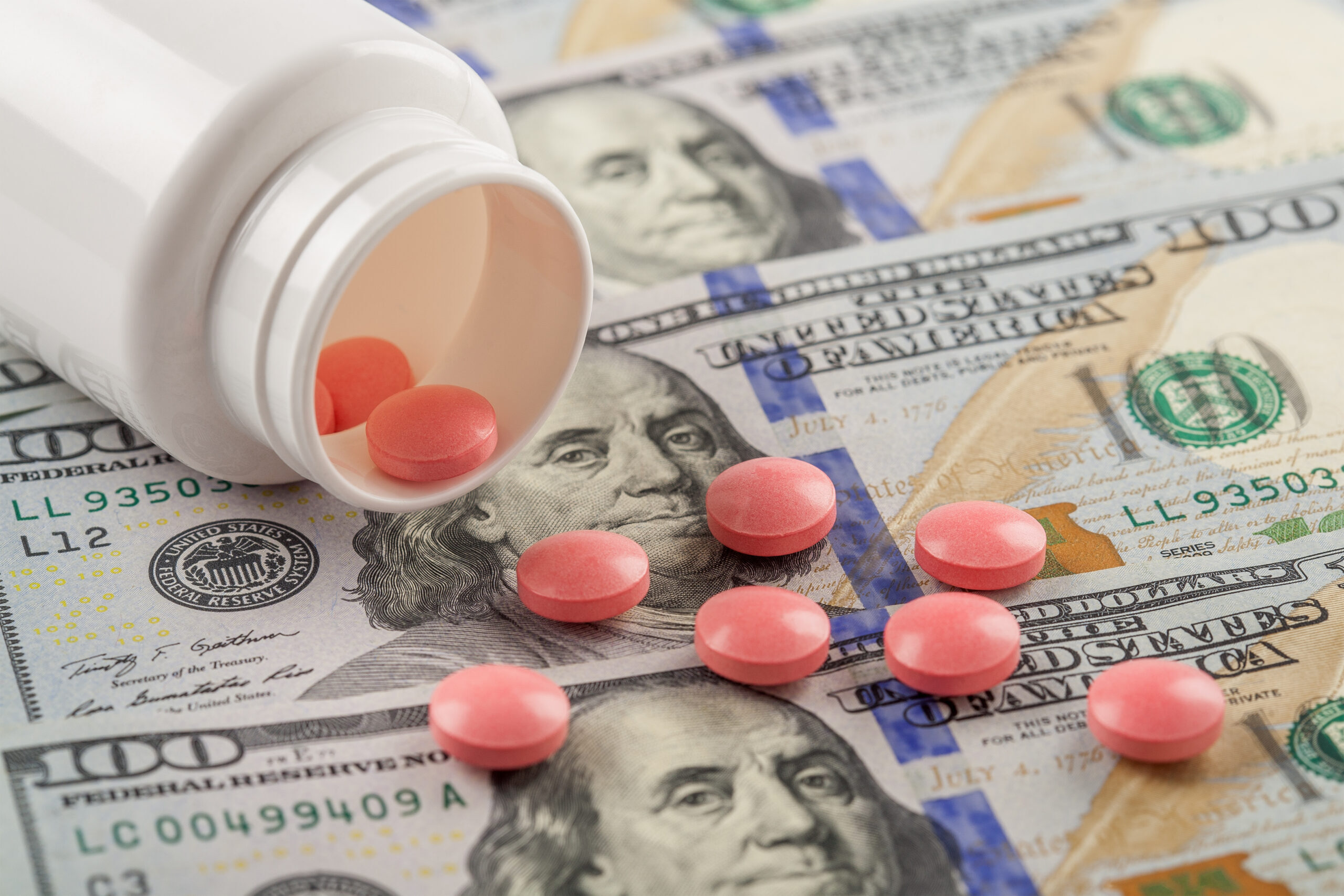© 2024 CSRXP- All Rights Reserved

BIG PHARMA WATCH: BIOGEN TO PAY U.S. GOVERNMENT $900M FOR ANTI-COMPETITIVE KICKBACK SCHEME
Sep 27, 2022
Biogen Agrees to Settle Case Over Illegally Paying Doctors to Push Brand Name Products to Boost Profits, Undermine Competition
On Monday, Big Pharma company Biogen agreed to settle with the U.S. Department of Justice (DOJ) over claims the company paid illegal kickbacks to doctors to prescribe more of the company’s drugs, including brand name multiple sclerosis drugs Avonex and Tecfidera, in order to boost profits. The alleged scheme took place from 2009 to 2014, and “resulted in fraudulent payments by Medicare and Medicaid for the drugs,” according to the Wall Street Journal.
The lawsuit came about due to a whistleblower complaint from a former Biogen employee. According to the DOJ, the complaint alleges that from 2009 to 2014, Biogen “offered and paid remuneration, including in the form of speaker honoraria, speaker training fees, consulting fees and meals, to health care professionals who spoke at or attended Biogen’s speaker programs, speaker training meetings or consultant programs to induce them to prescribe the drugs.”
As a result of the settlement, Biogen will pay $843,805,187 to the United States and $56,194,813 to 15 states.
The settlement is yet another example of how Big Pharma deploys a host of anti-competitive tactics designed to boost profits and keep drug prices high.
Big Pharma’s Other Kickback Scheme: Utilizing So-Called Charities to Boost Profits
A recent study published in Health Affairs demonstrates how Big Pharma companies skirt anti-kickback protections in federal law by also using so-called patient assistance charities to undermine competition in the market and pad their bottom line.
The study examined drug spending by a subset of Medicare Advantage enrollees from 2010 to 2017, along with data on the enrollees’ conditions and which drugs were covered by charities funded by brand name drug companies.
The study showed Big Pharma’s share of sales for brand name medicines used to treat specific conditions covered by these charities increased over time. For the 10 costliest treatments, the brand name manufacturer’s share of sales increased from 67 percent in 2010 to 89 percent in 2017, demonstrating that “manufacturers could effectively assist in the purchase of their own medications by contributing to condition-specific charities.”
According to the study’s authors, overall “donations by the leading manufacturer of drugs for each condition were often likely to be profitable.” The authors argue that “the current regulations or enforcement permit donations that violate the spirit of Medicare’s Anti-Kickback Statute.”
Big Pharma’s use of so-called patient assistance charities to pad their profits and undermine competition have generated scrutiny before.
In a 2020 hearing before the U.S. House Committee on Ways & Means Subcommittee on Health, experts and patients highlighted how Big Pharma exploits non-profit charities as a vehicle to boost their bottom line.
GE Bai, PHD, CPA, Associate Professor of Accounting at Johns Hopkins Carey Business School said:
“These actions lead to market distortions, price increases and the inefficient drug spending, but benefit the bottom lines of the drug manufacturers … These programs are called in appearance ‘assistance programs’ but if we think about the kickback concern, it’s really a mechanism designed to bring money to drug companies.”
Juliana Keeping, a patient advocate and mother of a child with cystic fibrosis detailed how the returns can be huge for Big Pharma:
“It’s a great investment if you are a drug manufacturer. Research shows that for every $1 million drug manufacturers donate to assistance charities, they make up to $21 million in sales. These programs actually reward companies for increasing drug prices… As a result of the rigged system, drug prices keep rising and the costs are being passed along to all of us.”
Read the Department of Justice’s press release announcing the settlement with Biogen HERE.
Read more about Big Pharma’s anti-competitive tactics including using patient charity schemes to boost profits HERE.
Learn more about bipartisan, market-based solutions to hold Big Pharma accountable HERE.
